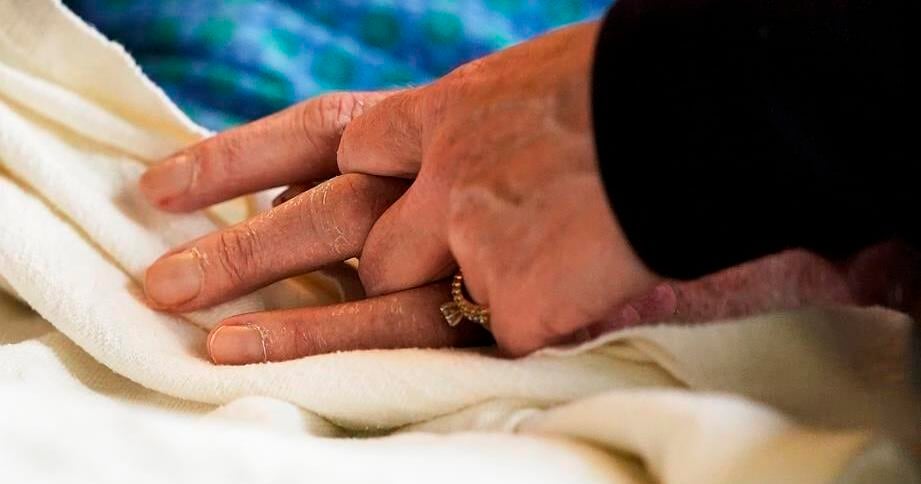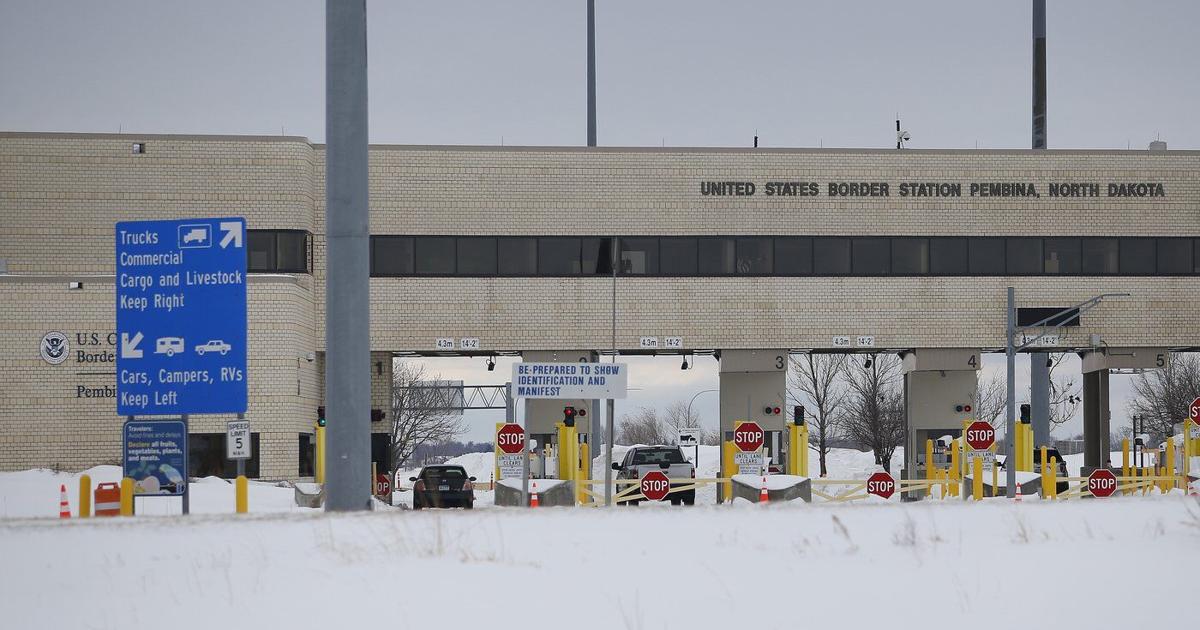HALIFAX – Some Nova Scotia doctors say a recently approved regulation requiring them to make referrals for medical assistance in dying could drive physicians from their practices and harm recruitment.
Three doctors told a news conference Thursday the wording of the professional standard crosses a line because it requires physicians to give an “effective referral” to another doctor willing to administer the procedure.
The policy, passed May 24 by the College of Physicians and Surgeons of Nova Scotia, could worsen the province’s shortage of family doctors if the regulator censures those who refuse to obey it, the doctors warned.
The news conference was organized by the Christian Medical and Dental Association of Canada and led by its director Larry Worthen. The advocacy group said in a news release that 41 physicians in the province have signed a letter stating they’re unwilling to follow the policy, potentially putting them at risk of discipline.
The three doctors — Dr. Amy Hendricks, an internal medicine specialist in Antigonish; Dr. Jeanne Ferguson, a geriatric psychiatrist in North Sydney; and Dr. Paul Young, a family physician and director of care at two nursing homes in Halifax — said Thursday the wording of the rule means they may be required to refer patients to another doctor who would carry out or arrange a procedure that is contrary to their consciences.
Ferguson said that during her 26 years in practice she has had patients request MAID because they suffered from a combination of physical illness and depression. However, she said, when the mental illness was treated, “they no longer wanted to kill themselves.”
“The new policy by the College of Physicians and Surgeons forces doctors to refer patients for death as a treatment …. It doesn’t matter that the doctor, based on their training and experience, believes this is not in the patients’ interests,” she said.
“Doctors risk losing their licences or being censured … this will not help us attract more doctors to the province, it will do the opposite.”
Young said while he’s never referred one of his patients for medically assisted death, he has been willing to provide information on where they could find out about the procedure. With the new rule, he said, he feels he’s being forced to make a referral or risk consequences.
“Until recently, conscience was always a guiding principle in the practice of medicine and that was supported by our leadership. Unfortunately, that appears to have changed,” he said.
The association and the doctors recommended that the province create a patient navigator service that doctors could send their patients to. Instead of being referred directly for MAID, patients would be advised on medical assistance in dying and other options, “so that patients would have a full range of services they need to make a decision about their lives,” Worthen said.
“We are calling on the provincial government … to intervene in this situation and call the parties to the table. The College, the Nova Scotia government and us (the association) to discuss and dialogue and find a way through this,” he added.
However, Dr. Gus Grant, chief executive and registrar of the college, said in an interview that the wording of the professional standard ensures the rights of patients to access a legal, publicly insured form of health care, and that the rule is in accordance with Canadian law.
“These 41 physicians (who have written letters against the regulation) are in effect saying the rules of the profession will not apply to them and that means their patients will not be supported,” Grant said in an interview.
“Our college council saw this standard as a step to ensuring that patients’ rights come first.”
According to Nova Scotia Health, last year there were 794 referrals for MAID, and 342 were carried out, with about 1,405 medically assisted deaths since the procedure was approved in 2016 in Nova Scotia.
Alexandra McNab, a spokeswoman for Doctors Nova Scotia, which represents physicians in the province, said in an email that since the policy was brought in, doctors have been required to make an “effective transfer of care,” even if they disagreed with the policy. McNab wrote that Doctors Nova Scotia supports the college’s standard because without it, “many patients will be unable to access the care they need.”
Hendriks told reporters Thursday a compromise should be possible in which doctors aren’t forced to make referrals and patients can approach the health authority directly.
“If the outcome is that a patient is still able to access what they need, I don’t think we have to fracture our medical community and tell certain doctors they don’t belong and threaten them,” she said.
This report by The Canadian Press was first published July 4, 2024.

























